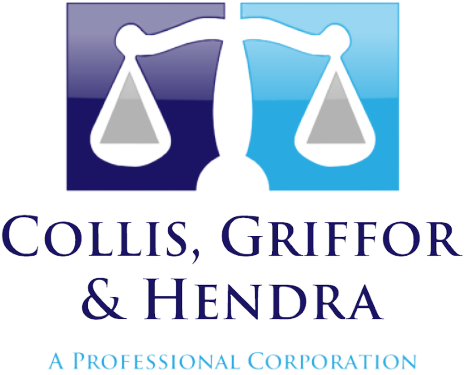
When you own a business, you have many things to consider in your daily operations. Unfortunately, estate planning may not be at the top of your list, but it is an extremely important consideration you should make. After all, you’ve dedicated considerable time to ensuring your business runs as smoothly as possible. As such, it’s imperative to work with a Washtenaw County Estate planning attorney to explore your options and do everything possible to protect your company after your passing. The following blog explores what business owners must consider when planning their estate.
Why Is Estate Planning Important for Business Owners?
As a business owner, you’ve likely put a lot of time and consideration into your business. That’s why it’s essential to plan your estate and ensure you’ve taken the necessary precautions to protect your business once you are no longer around to run it. Not only does it allow your legacy to continue, but it gives you the opportunity to decide what will happen to your company upon your death.
What Should I Include in These Plans?
One of the most important things you’ll want to include in your estate plan is a financial power of attorney. Essentially, this grants someone the authority to act on your behalf and make financial decisions for you. You can personally appoint this person to ensure you have someone trustworthy in the role and create guidelines for their power. For example, you can limit them to only making decisions for the business, as opposed to unfettered access over your personal finances as well.
Next, you’ll want to create a succession plan. Many business owners wish to keep their company in the family, passing ownership to a child or grandchild. As such, using an estate plan can help the transfer of ownership go smoothly. You can also dictate how important information will be given to the new owner to help keep your company’s secrets protected.
Finally, you’ll want to look into placing your business assets in a living trust to help protect them, especially if you own a sole proprietorship. This is because you and your business are the same in the eyes of the law. This means any debts you incur are reflected in your business and vice versa. If you pass away with debts, your business assets can be used to pay off these creditors. However, placing assets in a trust can help separate you from the company.
Working with an attorney is essential to ensure you explore all your estate planning options to the fullest extent to make the most informed decision for your business. At Collis, Griffor & Hendra, we understand how complex this process can be. Our team is dedicated to making estate planning as simple as possible so you can feel confident in your choices. Contact us today to learn more about how we can assist you.
